Indigenous Governance Database
Teaching Cases and Materials
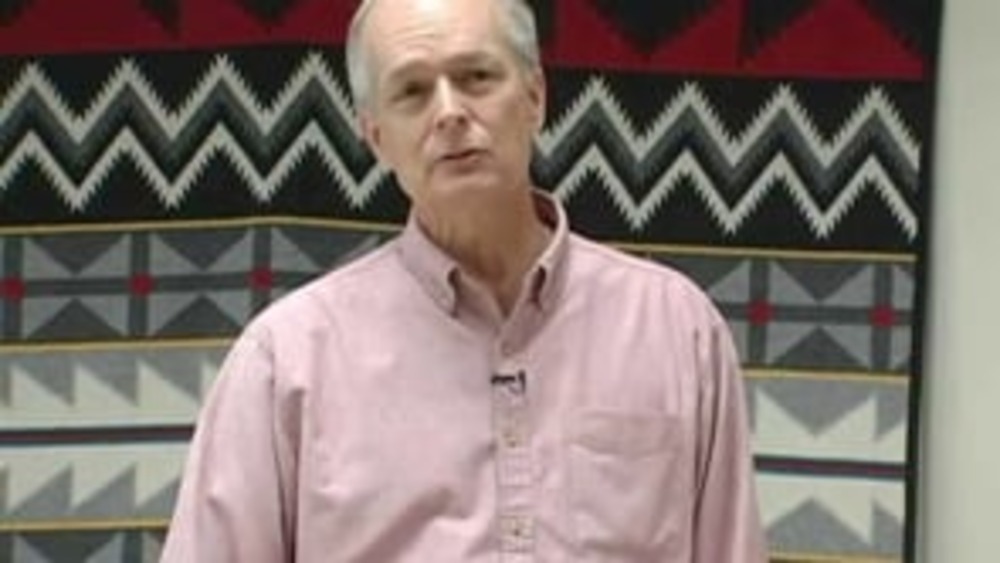
From the Rebuilding Native Nations Course Series: "Self-Determination and Governance Are Related"
Harvard Project on American Indian Economic Development Co-Director Stephen Cornell stresses the importance of Native nations exercising sovereignty effectively over time as an important way to defend their sovereignty.
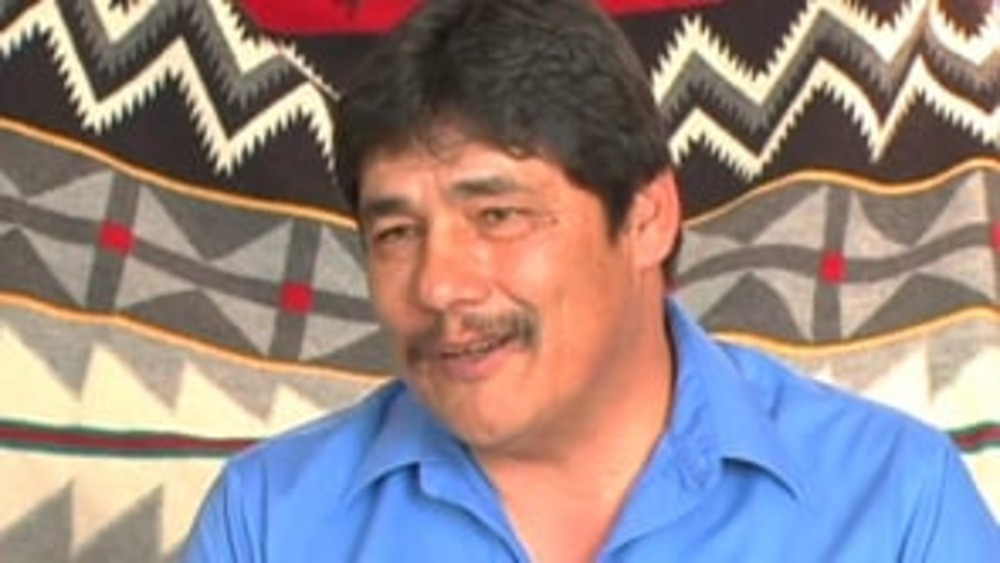
From the Rebuilding Native Nations Course Series: "Defending Sovereignty Through Its Effective Exercise"
Native leaders speak to the notion that Native nations' best defense of their sovereignty is the demonstration of their ability to exercise that sovereignty effectively.
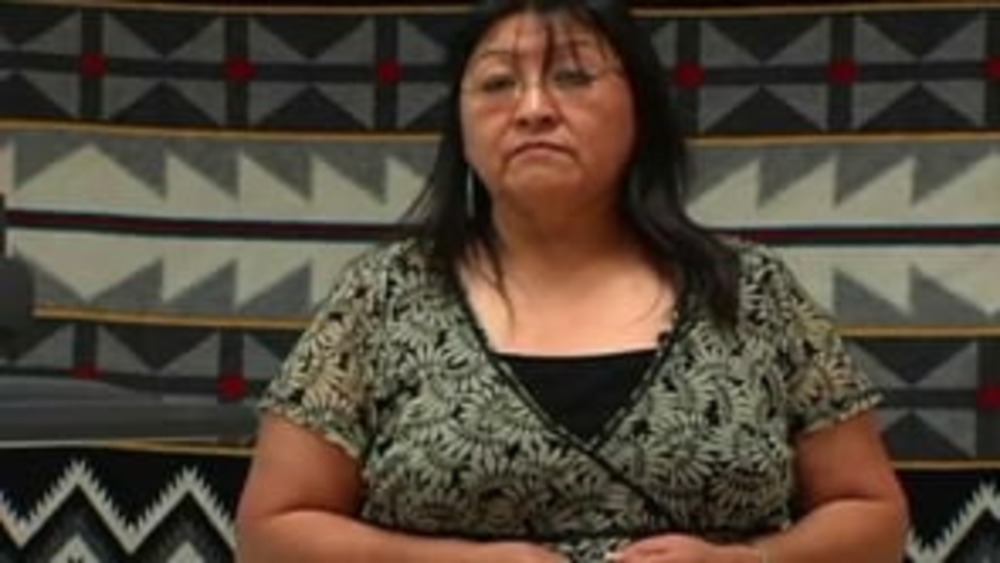
From the Rebuilding Native Nations Course Series: "Strategic Clarity"
NNI Executive Director Joan Timeche stresses the importance of Native nations having strategic clarity in the development and operation of effective bureaucracies.
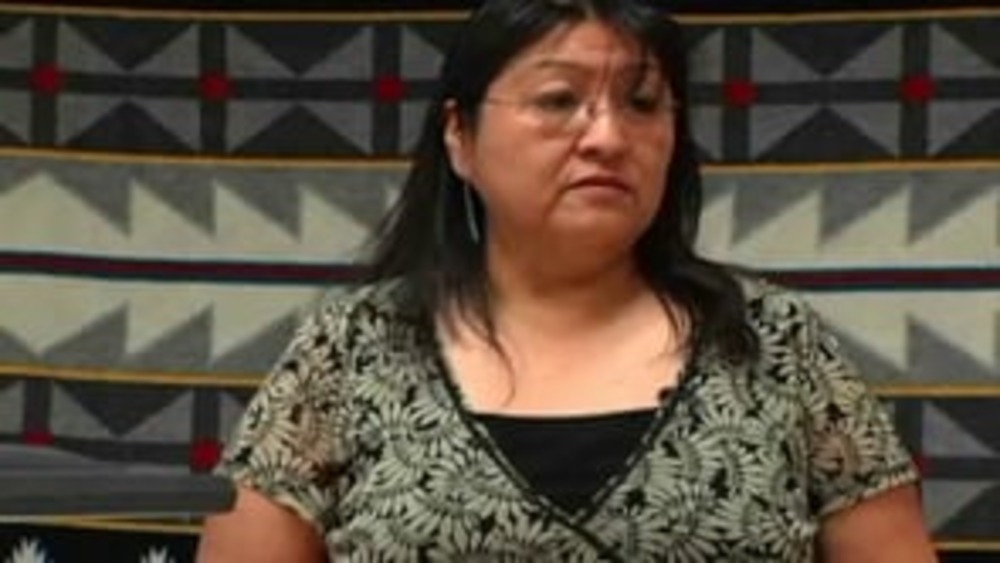
From the Rebuilding Native Nations Course Series: "Administrative Competence"
NNI Executive Director Joan Timeche discusses the need for Native nations to develop administrative competence through the cultivation, attraction and retention of qualified staff.
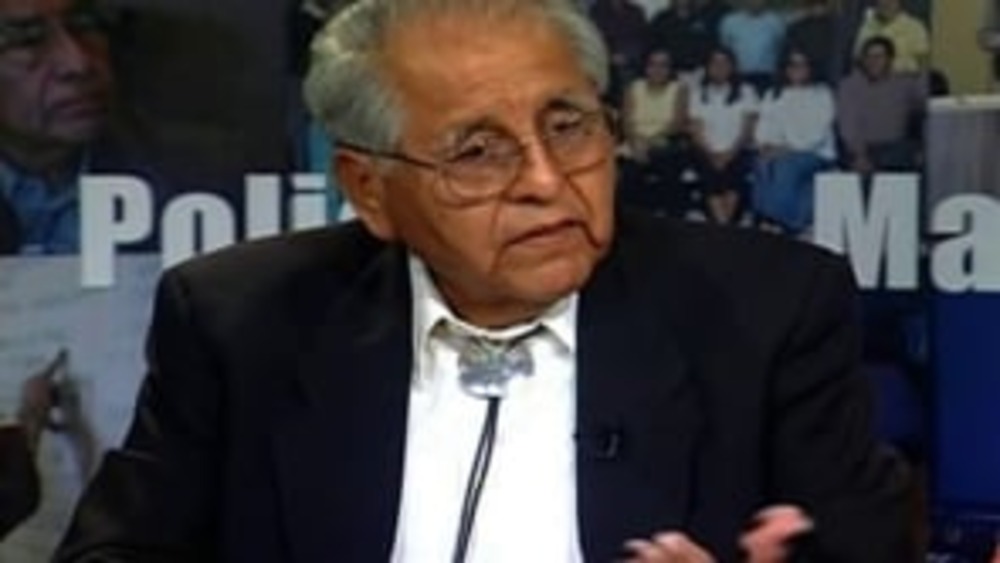
From the Rebuilding Native Nations Course Series: "The Role of Bureaucracies in Nation Building"
Native leaders discuss the critical role that bureaucracies play in Native nations' efforts to achieve their nation-building and community development priorities.
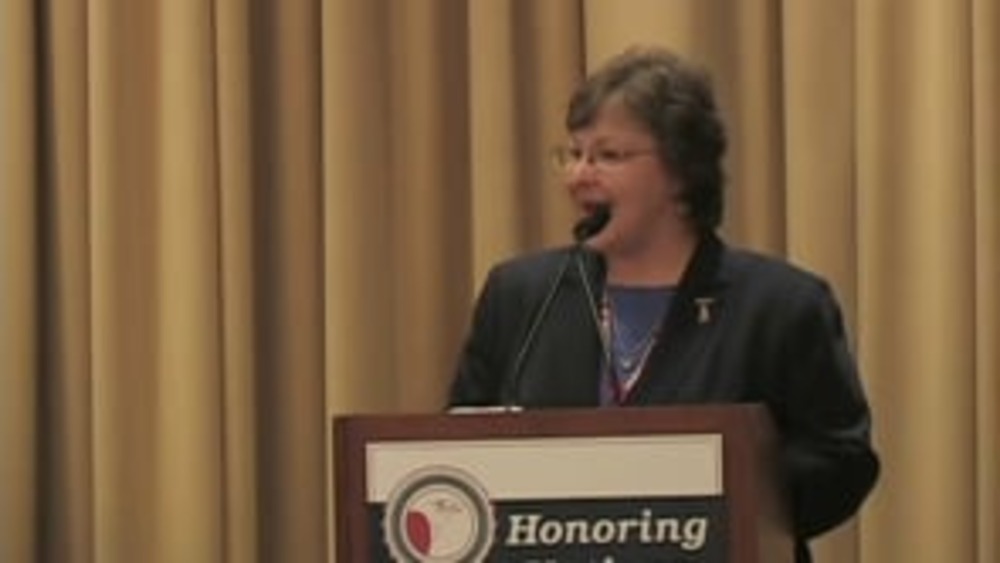
From the Rebuilding Native Nations Course Series: "Clarifying Roles and Delegating Responsibility"
Native leaders discuss the need for Native nations to define the distinct roles of elected leaders and administrators, and the importance of leaders delegating responsibilities to those appropriately charged with day-to-day administraion.
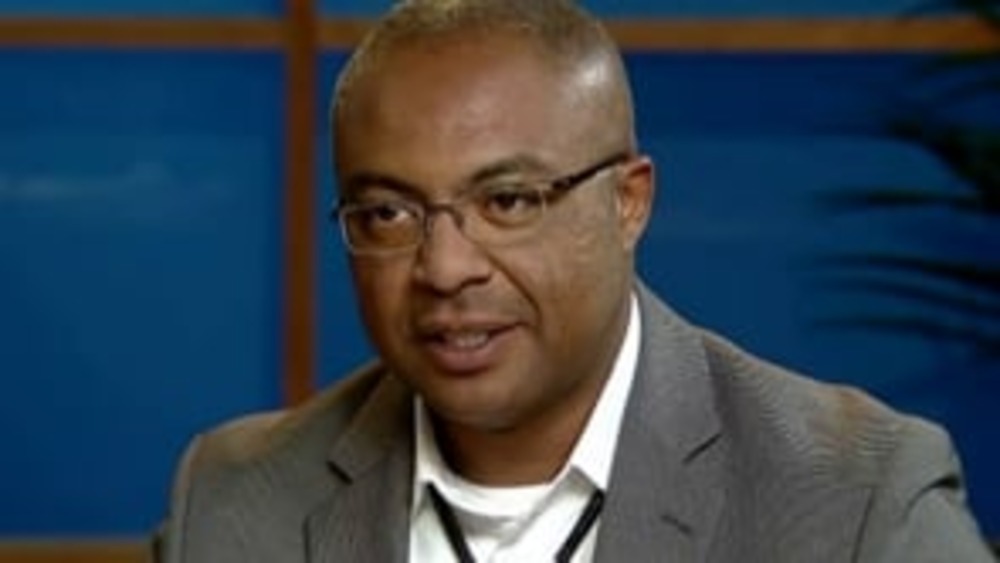
From the Rebuilding Native Nations Course Series: "What Effective Bureaucracies Need"
Native leaders offer their perspectives on the key characteristics that Native nation bureaucracies need to possess in order to be effective.
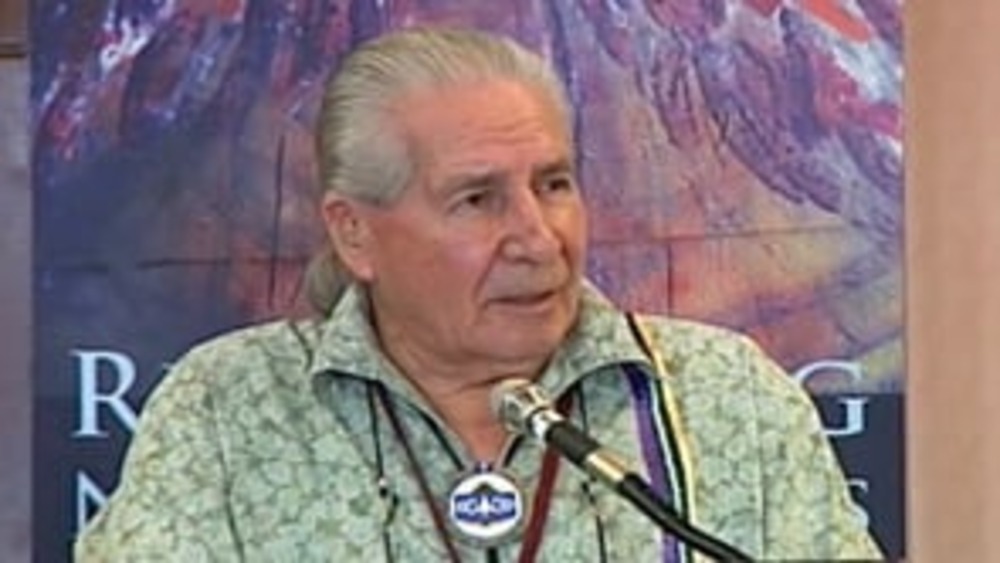
From the Rebuilding Native Nations Course Series: "The Strategic Approach to Leadership"
Native leaders discuss why it is important for Native nation leaders to take a strategic approach to leadership, stressing that the decisions they make must be made with the culture and values of their people and the next seven generations in mind.
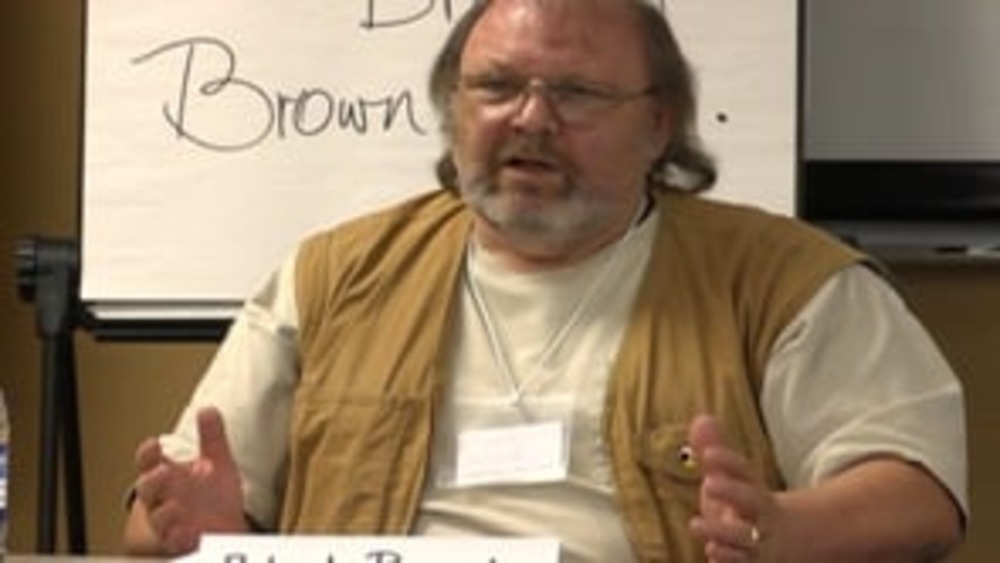
From the Rebuilding Native Nations Course Series: "Learning to Make Informed Decisions"
Native leaders share what the role of a leader entails from studying the history of the tribe to listening to and learning from elders of the community; all the tools necessary to making informed decisions.
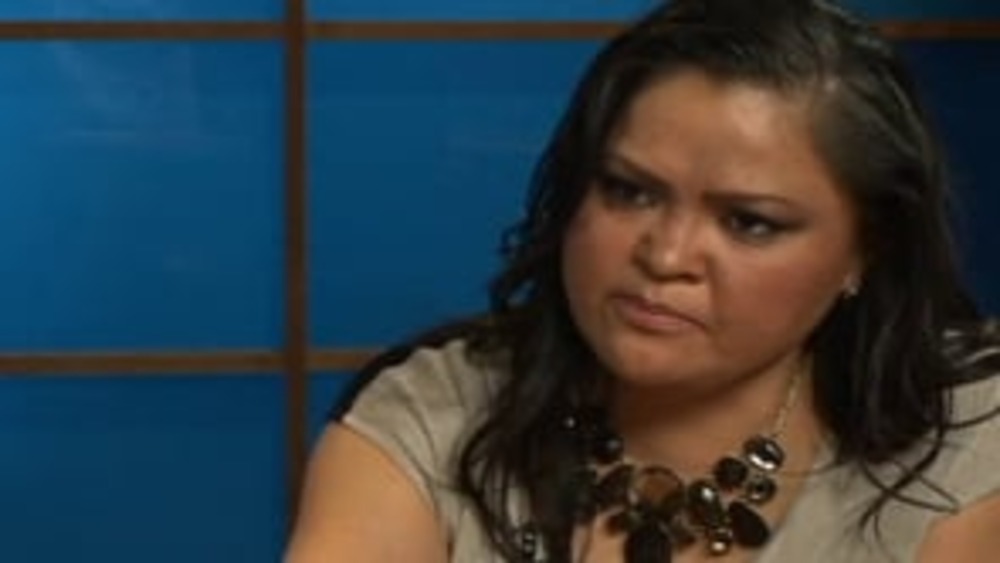
From the Rebuilding Native Nations Course Series: "Leaders Are Educators"
Native leaders and scholars stress that for Native nation leaders to be effective at advancing their nation's priorities, they need to do more than just make decisions -- they need to educate and consult the citizens they serve.
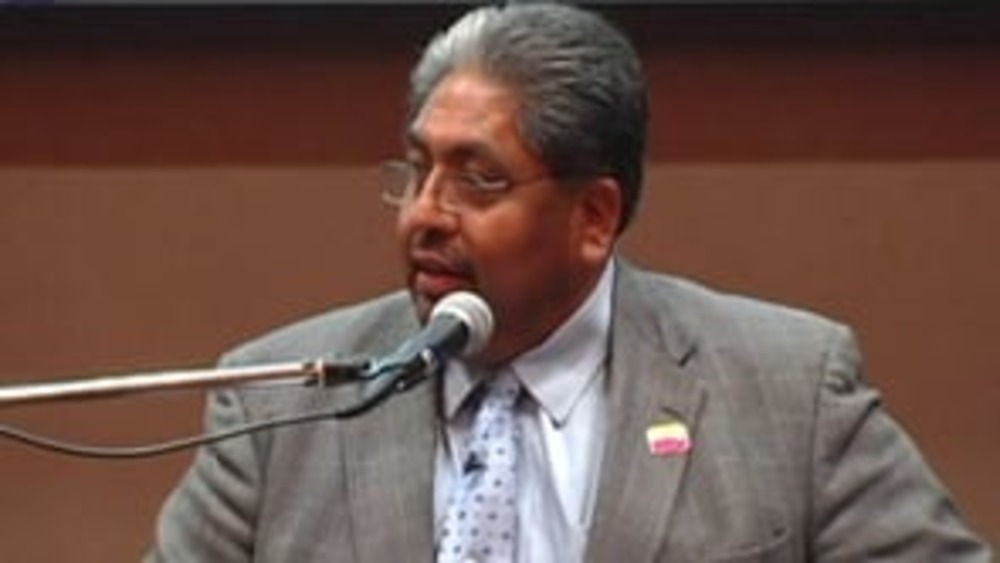
From the Rebuilding Native Nations Course Series: "The Challenges of Leadership"
Native leaders and scholars discuss some of the many formidable challenges facing leaders of Native nations, from the incredible demands on their time to the vast array of things they need to know and learn.
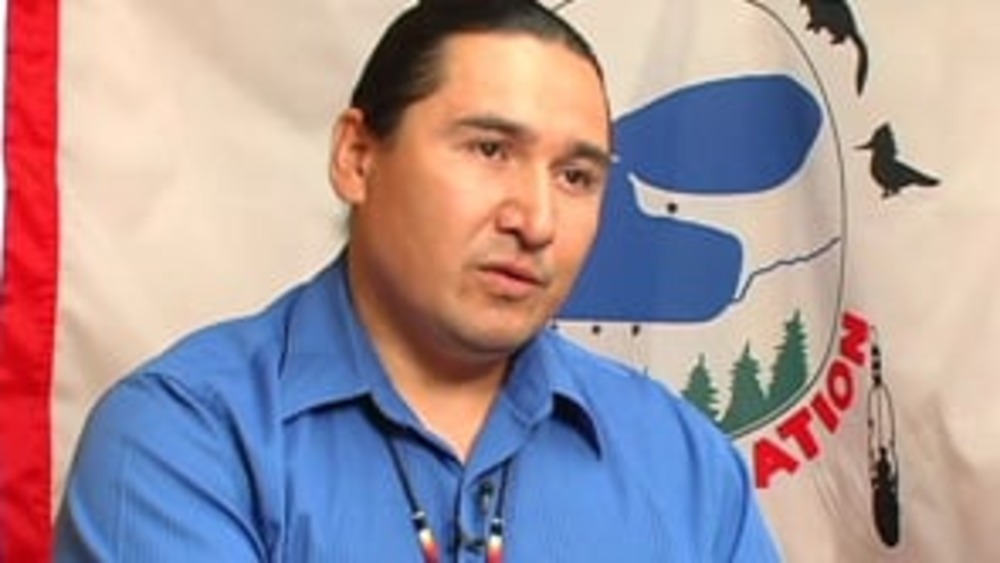
From the Rebuilding Native Nations Course Series: "Defining Sovereignty"
Native leaders offer their definitions of what sovereignty is and what it means for Native nations in the 21st century.
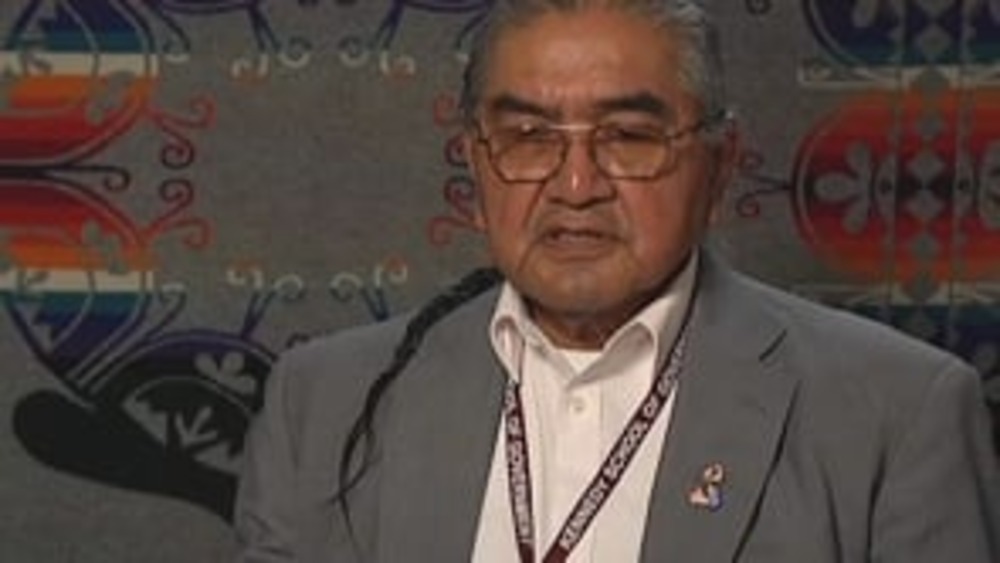
From the Rebuilding Native Nations Course Series: "The Importance of Strategic Planning"
Native leaders explain the importance of strategic thinking and planning to effective Native nation governance and emphasize the consideration of future generations in Native nations' decision-making processes.
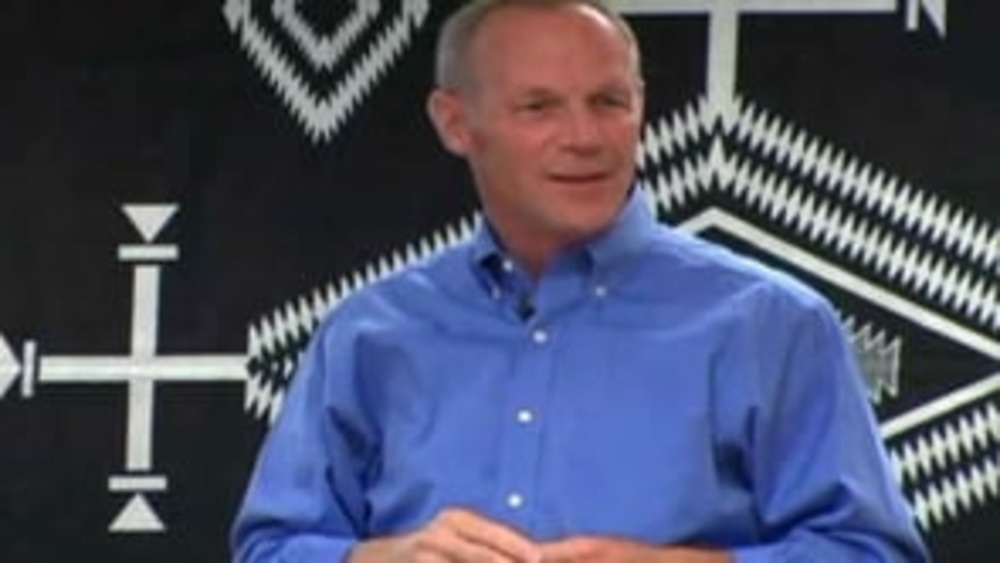
From the Rebuilding Native Nations Course Series: "Rules are More Important than Resources to Enterprise Success"
Professor Joseph Kalt discusses the importance of sound laws, codes, policies and other rules to the building of diversified, sustainable economies in Indian Country and everywhere else around the world.
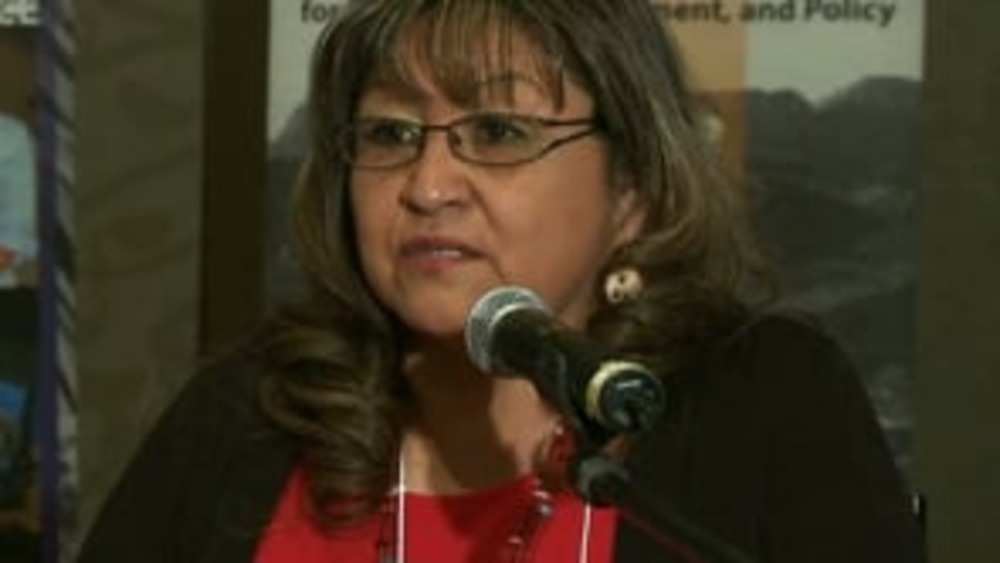
From the Rebuilding Native Nations Course Series: "The First Key to Effective Constitutions: Legitimacy"
Frank Ettawageshik, Joan Timeche and Frank Pommersheim discuss the importance of constitutional legitimacy to effective Native nation governance, and stress that the source of that legitimacy is the very people a constitution is designed to serve.
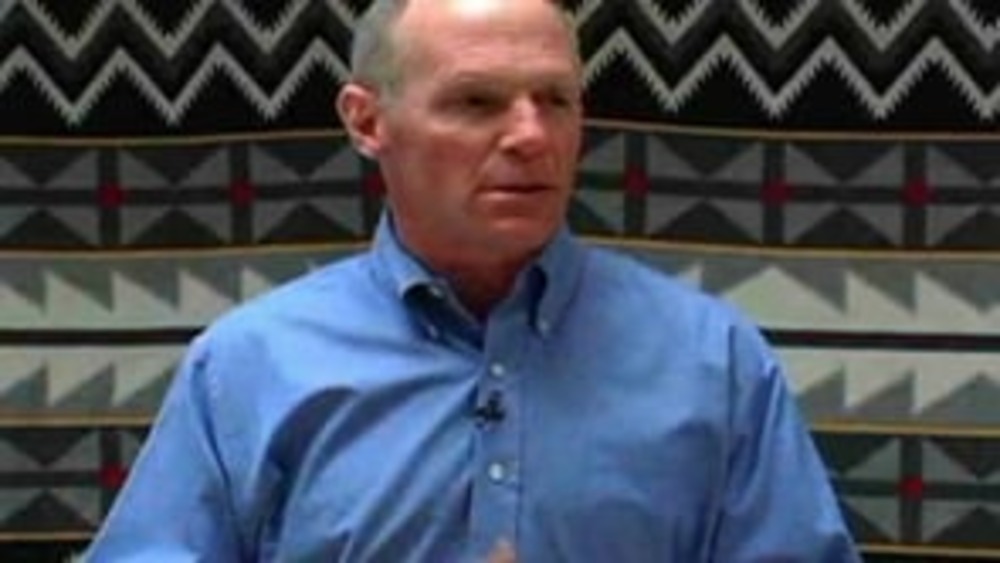
From the Rebuilding Native Nations Course Series: "What Do We Mean When We Say 'Constitutions'?"
Harvard Project on American Indian Economic Development Co-Director Joseph P. Kalt provides a definition of 'constitutions' in the context of nation building.
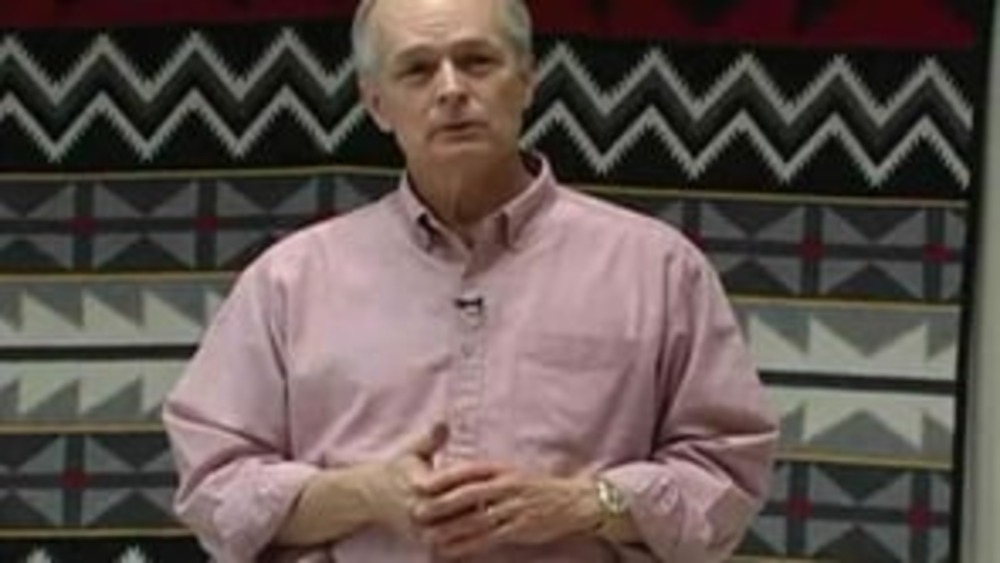
From the Rebuilding Native Nations Course Series: "Remaking the Tools of Governance: What Can Native Nations Do?"
Harvard Project on American Indian Economic Development Co-Director Stephen Cornell discusses the need for Native nations to reclaim and remake their tools of governance in order to meet the nation-building challenges they face today.
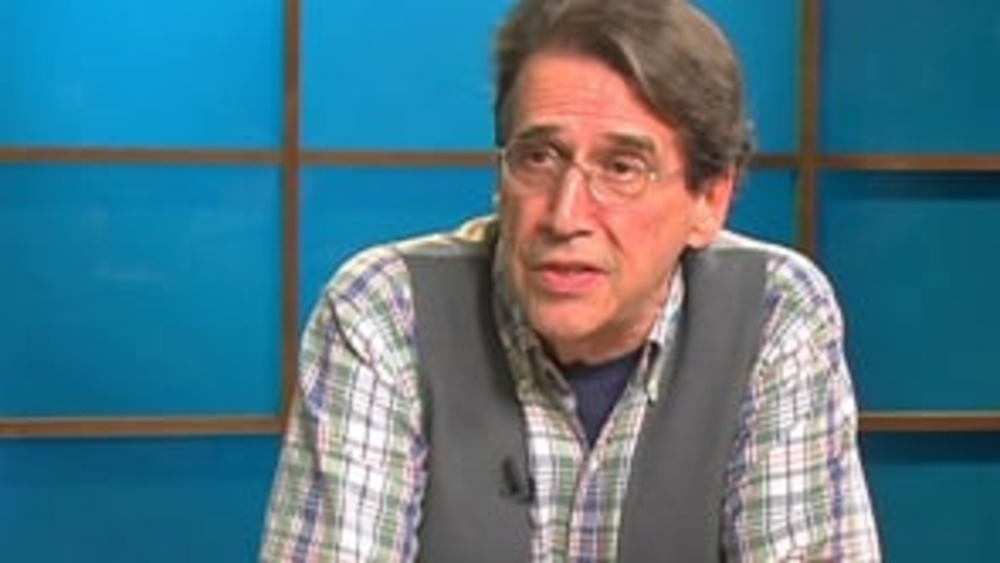
From the Rebuilding Native Nations Course Series: "Giving the Justice System the Support It Needs"
Native leaders and scholars share some critical ways that Native nations can support their justice systems to ensure their effectiveness.
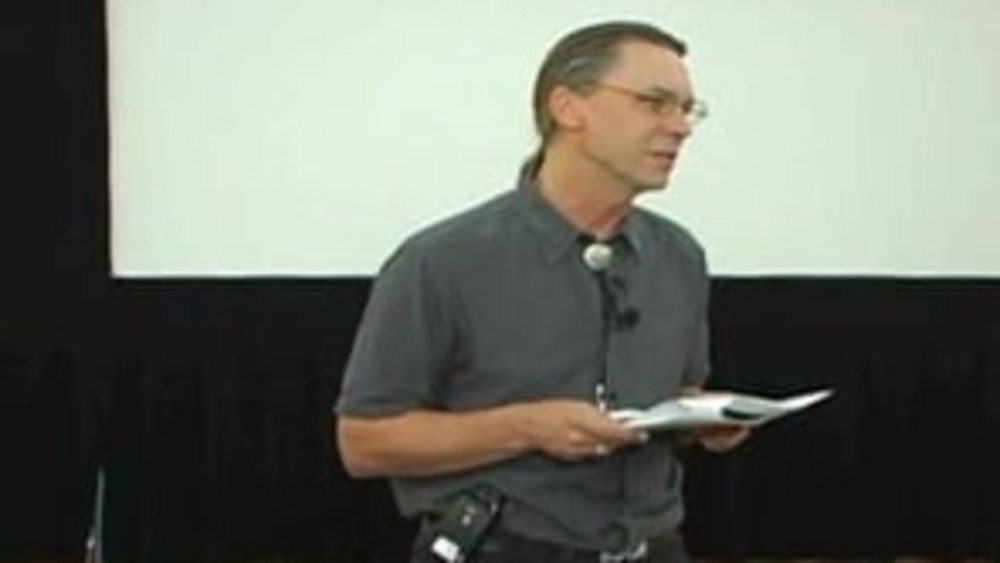
From the Rebuilding Native Nations Course Series: "Test: Does Your Nation Have an Independent Judiciary?"
Professor Robert A. Williams, Jr. shares a short test to help a Native nation and its leaders and citizens determine whether or not their judicial system is truly independent.
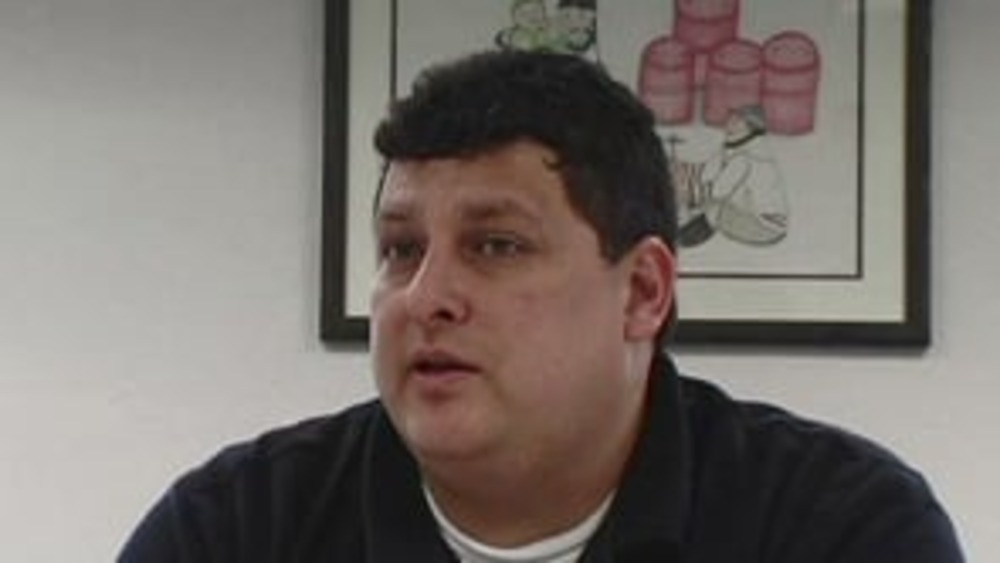
From the Rebuilding Native Nations Course Series: "The Politics-Enterprise Balance"
Native leaders and scholars share their thoughts about how Native nations can effectively manage the relationship between their governments and the businesses they own and operate.
